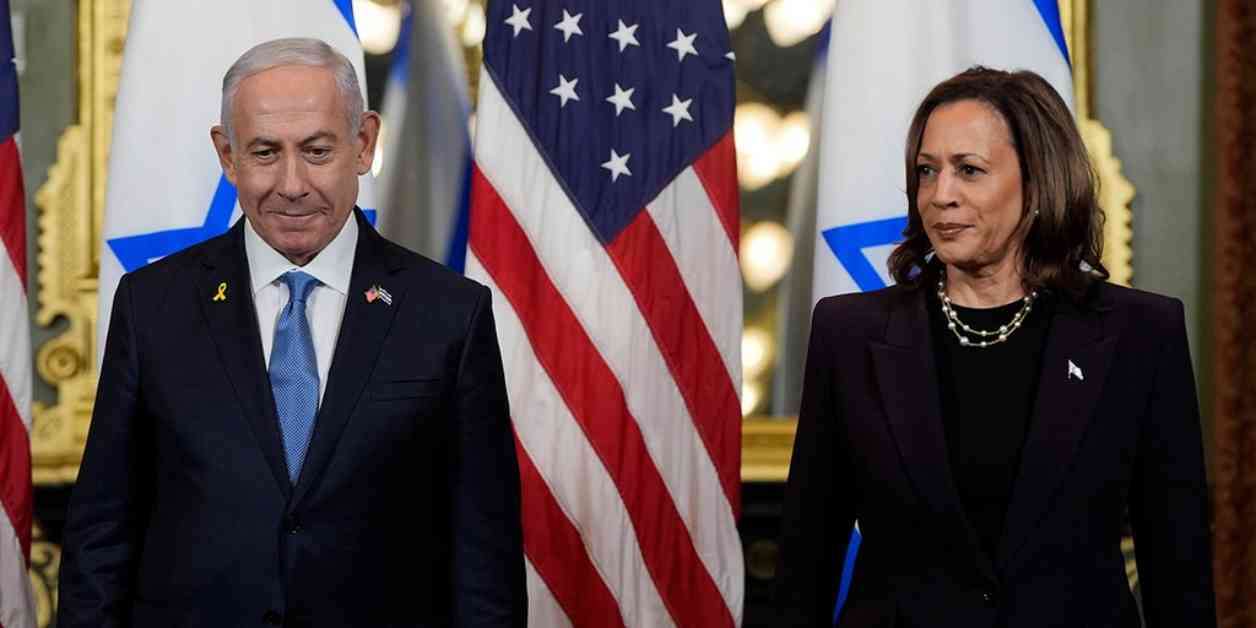The White House responded on Friday to reports that Israeli Prime Minister Benjamin Netanyahu was upset with Vice President Kamala Harris over her remarks on the war. A White House aide told Fox News, “I don’t know what they’re talking about.” Netanyahu met with President Biden and Harris in Washington on Thursday before meeting with former President Trump at Mar-a-Lago. An Israeli official said Netanyahu was unhappy with Harris mentioning civilian deaths in Gaza and the “dire humanitarian situation there.” The official stated that Netanyahu was annoyed with Harris speaking about a hostage and ceasefire deal to end the war when Israel wanted to resume fighting after implementing the deal. The official expressed concern that Harris’ criticism of Israel might give Hamas the impression of a division between the U.S. and Israel, making it harder to reach a deal.
Additionally, one Israeli official told Axios that Harris’ public statement after the meeting was more critical than what she told Netanyahu in private. However, an aide for Harris refuted this claim, stating that both President Biden and Vice President Harris conveyed the same message to Netanyahu in their private meetings: it’s time to achieve a ceasefire and hostage deal. The aide emphasized that Harris’ public comments aligned with her previous statements on the conflict, showing unwavering support for Israel while expressing concerns about civilian casualties and the humanitarian crisis in Gaza.
During her remarks on Thursday, Harris emphasized the need to end the war in a way that ensures Israel’s security, releases all hostages, ends the suffering of Palestinians in Gaza, and allows the Palestinian people to exercise their right to freedom and self-determination. She credited President Biden’s leadership for putting a ceasefire and hostage deal on the table and urged Netanyahu to finalize the deal.
Former Trump national security aide John Ullyot suggested that Harris has taken a more prominent role in shaping policy, as evidenced by her public statement following the meeting with Netanyahu. He noted that Harris appeared to be driving her agenda and leading discussions on the issue, indicating a shift in leadership from Biden to Harris.
In conclusion, the diplomatic tension between Israel and the U.S. highlights the complexities of handling the conflict in the Middle East. The differing perspectives on how to approach the ceasefire and hostage deal underscore the challenges in finding a resolution that satisfies all parties involved. Harris’ strong stance on ending the war and addressing humanitarian concerns signals a proactive approach to resolving the crisis, even as it sparks disagreements with key allies. As the situation continues to evolve, it remains crucial for all parties to work towards a peaceful and sustainable solution in the region.





















